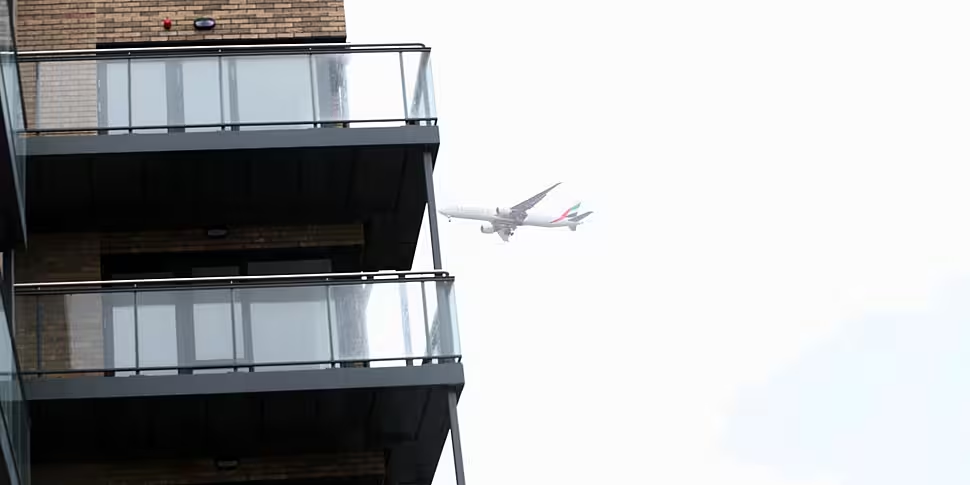The fall in rents around the country this year is likely to be a “short-lived” phenomenon, according to one of the country’s best-known estate agents.
The coronavirus pandemic saw rents fall for the first time in more than seven year in parts of the country back in February and there have been further falls recorded in the months since.
On Newstalk Breakfast this morning, Marian Finnegan, Managing Director of Residential at Sherry Fitzgerald said the pandemic has made for a ‘quite unusual’ rental market.
“Typically, during a recession like this, you would a see a significant surge in unemployment,” she said. “Instead, what we saw was a displacement of people.
“So, a very large number of people moved from where they worked to home. Home could be in Carlow, Galway or Spain – but they left centres of population.
“So, we saw an uplift in terms of the availability of rental stock but it is going to be somewhat short-lived. We are seeing that many businesses are now looking for people to come back at least to the city they are working in, if not into the office on a full-time basis.
“Rents have probably come down a little bit and the availability has gone up but that is likely to be short-lived and as we get into next year and there is more normalisation that rental pressure and that concern will re-emerge.”
Housing supply
Ms Finnegan was speaking after the Economic and Social Research Institute (ESRI) warned that the “biggest threat from the pandemic is the risk to housing supply.”
In its latest report, the institute warned that a fall in investment now will see less new housing delivered in the coming year – further exacerbating the housing crisis when COVID-19 is behind us.
Ms Finnegan said it currently looks like the crisis in Ireland’s housing supply is going nowhere soon.
“It is very important to say we came into this with a crisis of too little property and we are going to come out of this year with even less property than we thought,” she said.
“Back in 2015, the government said we need about 25,000 a year. The industry would say that is far too low and we need about 40,000 – but we haven’t even built the 25,000 this year.
“This was going to be the glorious year that we did that but we won’t. We will build about 16,000 so that supply crisis will persist.”
Resilient property market
She said property prices have remained “surprisingly resilient” throughout the pandemic – but warned that the impact on the market is likely to be felt next year.
“We probably started this with a lot of fears that demand would be very significantly impacted straight away but throughout the lockdown period we still saw a level of demand where transactions continued to occur, which was in some ways very surprising,” she said.
“When the doors reopened on 8th June, we saw a resurgence of demand so we traded during the summer period quite a lot of property. We probably felt that there was five months of demand pushed into the summer period so it has proven to be incredibly resilient.
“But it probably is important to caution a little bit on this in that it is very much reflecting the demand of 2020 from people who were not directly impacted by the pandemic as yet – there will be an impact into 2021.”
Property prices
She said prices actually increased slightly this year for the first time in two years.
“The biggest challenge is what happens next year,” she said.
“If we see double digit unemployment levels next year, and we did have challenges around affordability even before this began, how will that impact demand?
“Then, in a very real way, how will that impact developers’ ability to deliver property to the marketplace?
“There are a lot of measures that are needed just to underwrite or support this market going forward.”
The ESRI is calling on the Government to increase investment in social and affordable housing now to prevent further bottlenecks in supply when the pandemic is over.
You can listen back to Ms Finnegan here:









